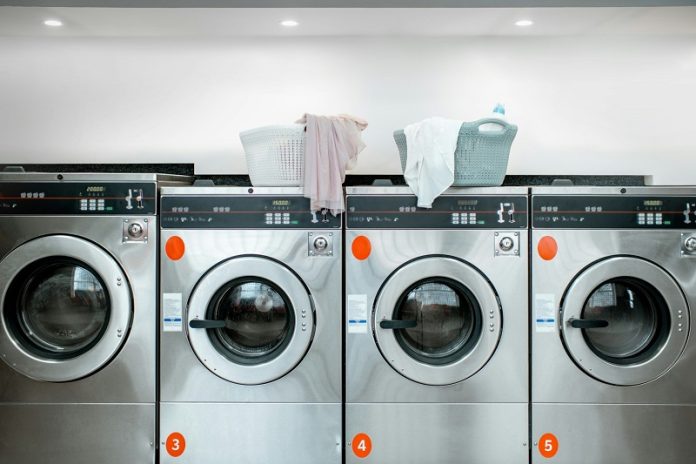
Many people feel like big household appliances—like washing machines, ovens, and fridges—don’t last as long as they used to.
Since these are expensive purchases, it’s understandable that consumers want them to work for many years. But are their lifetimes really shrinking?
Kamila Krych, a researcher at the Norwegian University of Science and Technology (NTNU), looked into this question as part of her Ph.D. research.
She analyzed data on appliance lifetimes in Norwegian homes and found something surprising: most large appliances are not getting less durable over time. In fact, aside from two exceptions, the lifespan of these machines has stayed fairly steady since the 1950s.
The exceptions? Washing machines and ovens.
According to Krych’s study, published in the Journal of Industrial Ecology, the average lifetime of a washing machine dropped from 19.2 years to 10.6 years—a 45% decrease. Ovens also saw a big drop, from 23.6 years to 14.3 years, a 39% decline.
If all appliances were getting worse, it might suggest a clear reason like planned obsolescence—when manufacturers design products to fail sooner. But since only two appliances show this pattern, something else must be going on.
For washing machines, the explanation is fairly straightforward. People are simply doing laundry more often. A study from 2003 showed that in 1960, a Norwegian family of four did laundry twice a week. By 2000, the same size family was running the washer eight times a week. That increased use naturally wears out machines faster.
Ovens are a more complex case. Krych discovered that many ovens in Norway are thrown out while they still work—more so than other appliances. One possible reason is modern kitchen design. These days, ovens, fridges, and dishwashers are often built into kitchen cabinets, and many people replace everything during a kitchen renovation, even if some items still function. In Norway, where labor and repairs can be expensive, it’s sometimes easier to just start fresh.
Also, the kitchen itself has changed. In many homes, it’s now part of the living space, so people care more about how it looks. If a working oven doesn’t match the style of a new kitchen, it might be tossed anyway.
Krych believes that policies aimed at making appliances last longer are important, but they should also consider how people use and value these products in their daily lives. It’s not just about how long a machine can last, but whether people choose to keep using it.



